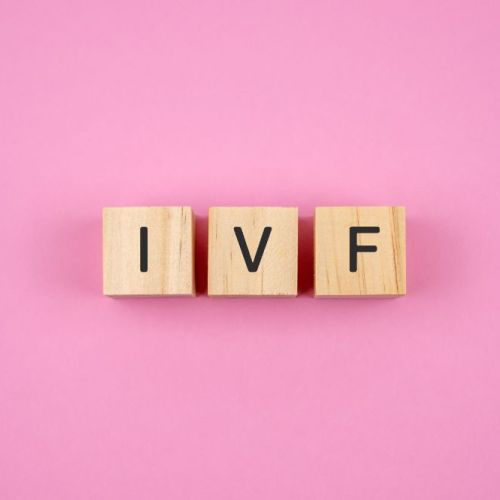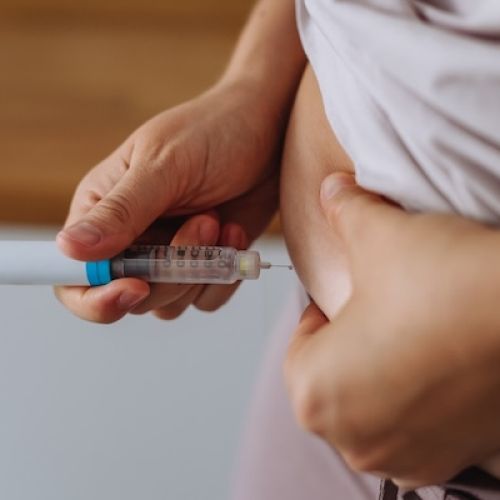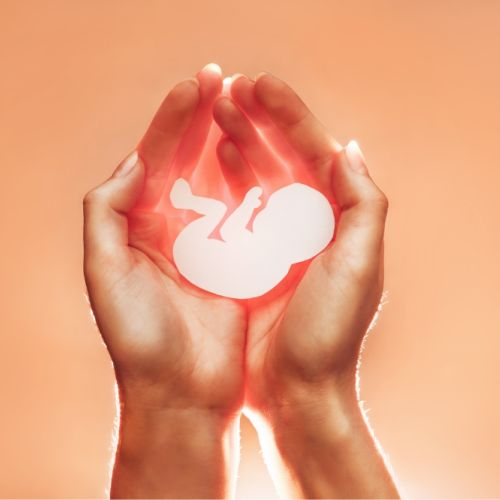How to Qualify for Egg Donation

There are many couples who are unable to conceive and for some of them, donated eggs may be the answer they’re looking for to make a successful pregnancy possible. The team at the Center for Reproductive Health work with infertile couples every day who may not be able to have a baby without the generosity of egg donors. If you’re interested in helping an infertile couple have a family by donating your eggs, you may be wondering what’s involved and how to qualify for egg donation.
Health Requirements
The first step in the egg donation process is to fill out an application. If you meet the eligibility requirements, an in-person interview is scheduled. To donate eggs, you need to be in good mental and physical health and between the ages of 20 and 31. You should have a healthy BMI and not be overweight or underweight and you should have both ovaries and regular periods. You must be a nonsmoker with no history of drug use or alcoholism.
Screening for egg donation is very thorough. You’re given a physical exam which includes evaluating the health of your ovaries. It also includes tests for sexually transmitted diseases and free fertility diagnostic testing including a genetic carrier screening test. This comprehensive screening is a great opportunity for you to learn important information about yourself. Your family medical history is discussed, which should be free of hereditary diseases.
Learning What’s Required
If your physical exam and family health history all go well, you’ll have a meeting with a psychologist for a psychological screening. You’ll learn more about what’s involved in egg donation so that you’re prepared for the time commitment involved and potential complications. Most egg donors have few side effects, but you should be aware that you may experience mood swings, bloating, nausea or diarrhea.
Egg donation doesn’t have any impact on the eggs you have available for future cycles. Some women are afraid that donating eggs could lead to early menopause, but there’s no evidence to suggest that this could happen.
Legal Contract
If you successfully pass all the screenings, before moving forward with the process of egg donation, you’re required to sign a legal contract. This is an agreement between you and the recipient or between you and the Center for Reproductive Health which outlines your rights, duties and compensation as an egg donor.
Throughout the process, your privacy is protected. Egg donation is anonymous and the couple receiving your donation learns only general information about you such as your height, weight and ethnicity.
Donating eggs is a very generous gift to infertile couples, and in return you receive a generous compensation for your time and dedication. Compensation is usually between $5,000 and $10,000 a cycle. If you’re interested in applying to be an egg donor or if you have additional questions, don’t hesitate to contact the team at the Center for Reproductive Health.




